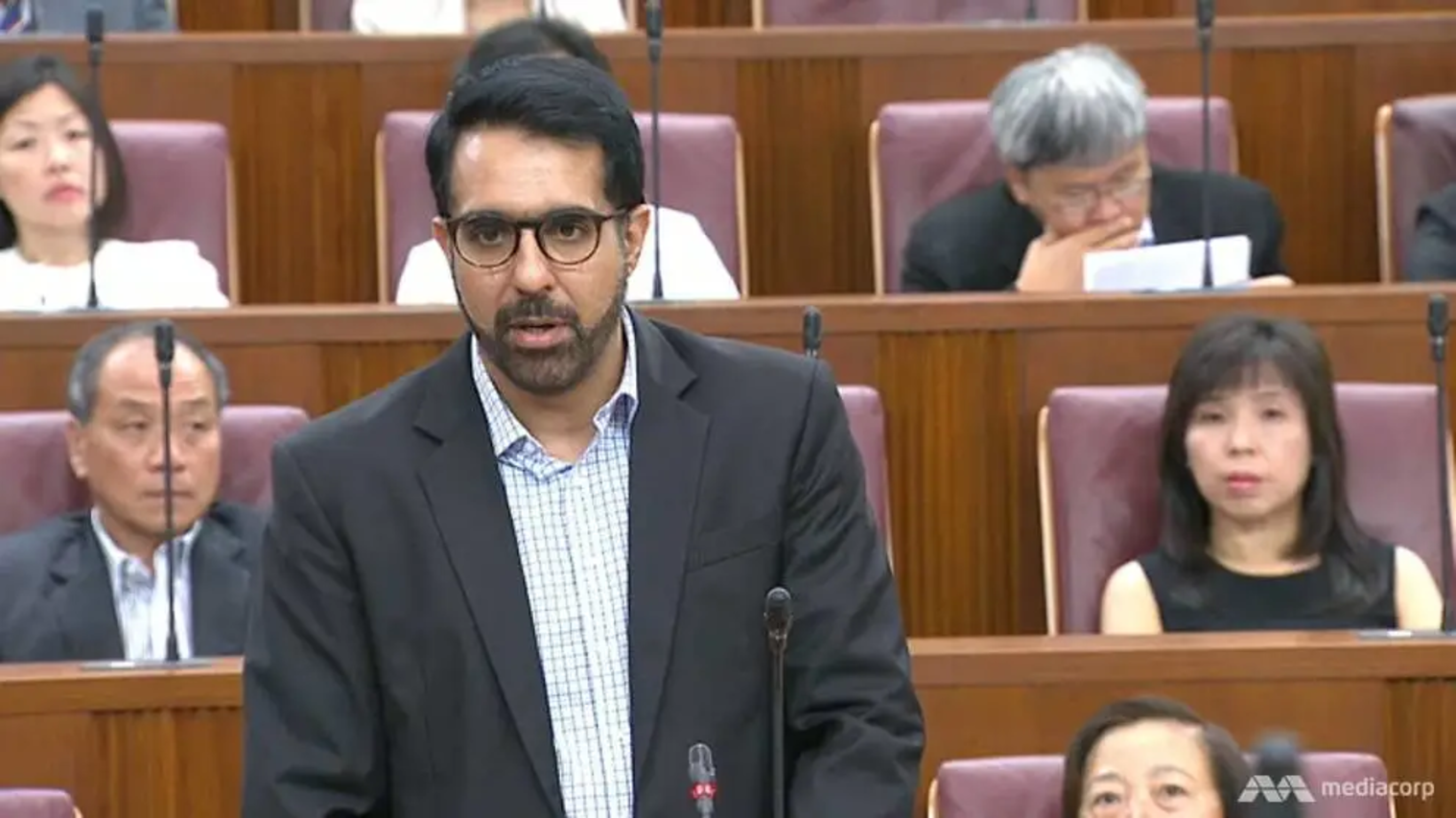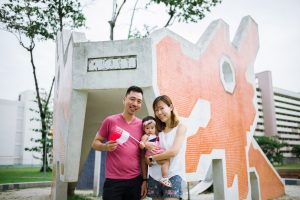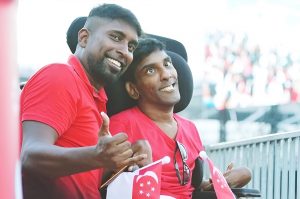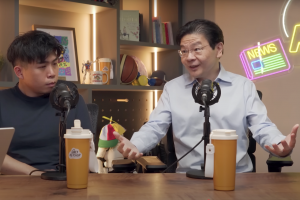Disclaimer: RICE does not endorse or support any political party in Singapore.
Yesterday, in response to queries from a reporter, MP Indranee Rajah made several comments about the Non-Constituency MP (NCMP) scheme:
“There is a suggestion that you have to have opposition elected, in elected seats, in order to have a voice in parliament. That’s not correct …no matter what the outcome of this election, and even if PAP took all the elected seats, you will still have 12 opposition seats in Parliament at a minimum.”
She then referenced changes to the scheme, which give NCMPs equivalent voting rights to elected MPs:
“Then the next question would be, ‘Oh you know, can we be as effective in Parliament as NCMPs, for example. And the answer is that if you have full voting rights in parliament, that is the platform for which you can advocate and do all and say what you want to say with respect to the policies. So, basically, the voice in parliament, the ability to influence policy in parliament, is all there.”
PM Lee doubled down on this at a press conference today, saying that “significant opposition presence” is guaranteed in Parliament, and that “as far as the Constitution is concerned, as far as Parliament’s operations are concerned, there is no difference between NCMPs and elected MPs in terms of their rights and privileges.”
These comments are troubling. First, they suggest that it’s sufficient for Opposition MPs to secure a seat in Parliament without having been voted in there—an argument which would never fly if the tables were turned.
Second, they skate over a massive difference in the responsibilities of elected MPs vs. NCMPs: the former serve residents, while the latter do not. It is silly to pretend that this is insignificant. Curiously, Ms Rajah’s comments recognise the role of MPs as advocates (‘the voice in Parliament’) while ignoring that advocates are there to speak for others. Their role is representative, not to provide diverse views for the sake of it.
In essence, they suggest that there is no harm in delinking Opposition presence in Parliament from their presence on the ground, representing constituents who have given them their backing. This is misguided and dangerous. The two should not be separated.
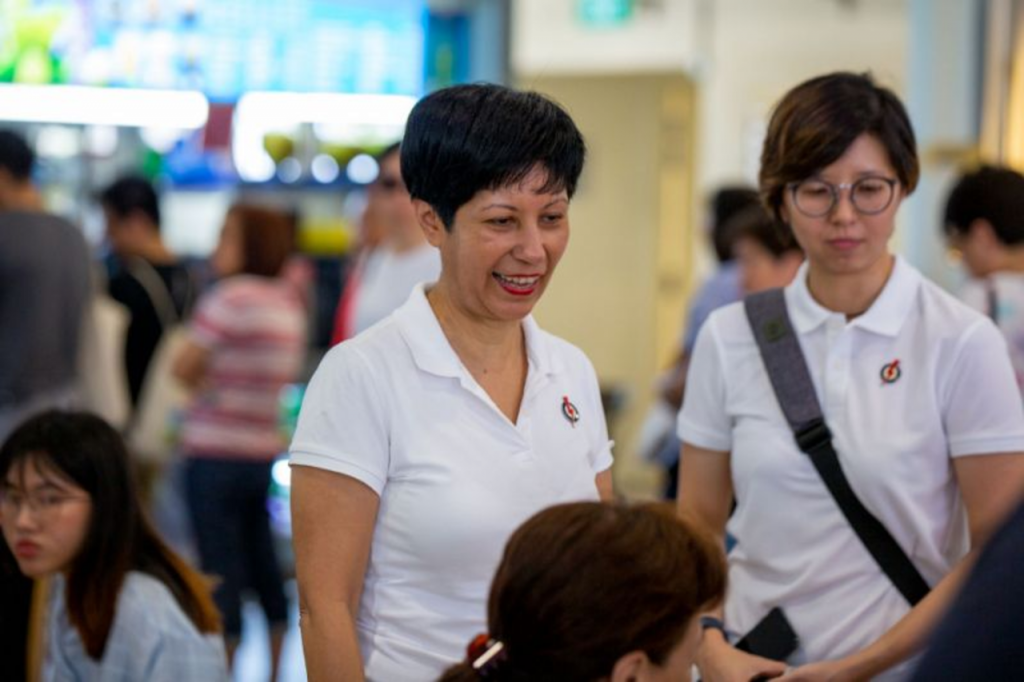
The 14th Parliament will have 12 NCMPs in the event of an ‘Opposition wipeout’, to quote Workers’ Party chief Pritam Singh. Should the Opposition fail to win any seats, the 12 best-performing candidates (or, the ones which have lost by the smallest margin) will be invited to take up NCMP roles.
Note that even if all 12 roles are accepted, their capacity to influence decision-making would be minimal. Even with equal voting rights to elected MPs, NCMPs will be 12 out of a chamber of 105 MPs. The PAP would retain their supermajority, and would be able to pass both ordinary Bills and constitutional amendments unimpeded, as they already can.
In this light, the move to expand NCMPs’ voting rights is an ingenious tactical manoeuvre. It purports to give parity while doing nothing to examine the overall fairness of our electoral system.
Second, Ms. Rajah’s comments suggest that all Opposition MPs need to do is ‘be a voice’: to ‘advocate’ and ‘say what they want to say’ about policy. But this raises the question: a voice for whom, and for what?
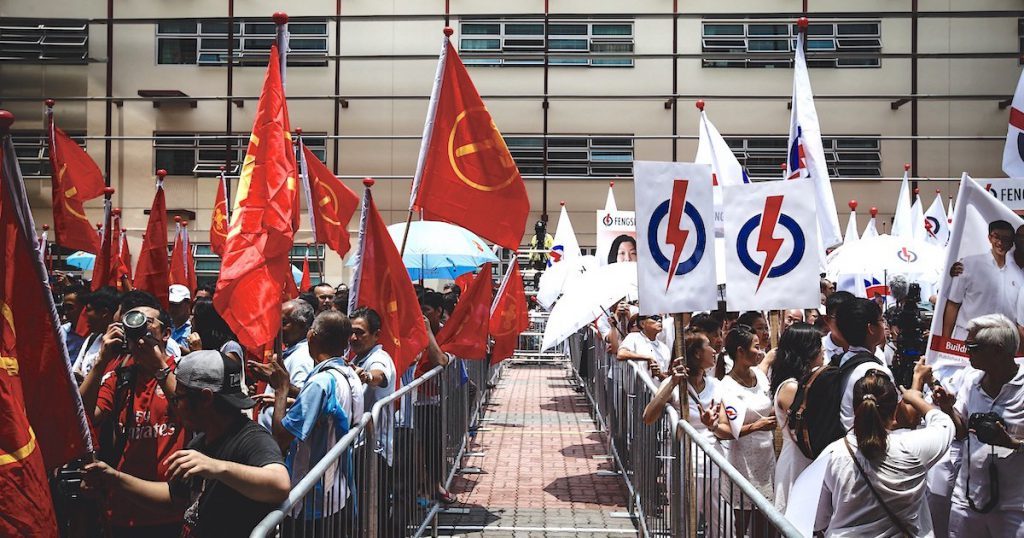
The Opposition is not just there as sparring practice for inexperienced MPs, as Lee Kuan Yew suggested when the scheme was first mooted in the 1980s. Their check-and-balance role (as Lee Kuan Yew also noted) is critical to strengthening accountability, and mitigating the risks of unchecked political hegemony. An Opposition hobbled by accusations of tokenism will never be able to achieve this.
However, these criticisms and checks are not simply lobbied as matters of principle, or disembodied points of argument to keep PAP MPs on their toes. They are meant to be grounded in people’s lived experiences.
This is more important than ever in the context of this election. Covid-19 has cast up existential questions about Singapore’s future, and devastated households, livelihoods, and industries. More than ever, Singaporeans and residents, especially our most vulnerable, will need to have their concerns brought to the table.
The whole point of having MPs in Parliament is that they speak for an electorate. An Opposition needs an elected foundation not just for political muscle, but to do the job of all MPs: representation.
An elected mandate provides the gold stamp of legitimacy necessary for this. It gives MPs authority to speak for voters, and it proves to voters that our choices matter.
Pritam Singh’s fears about an Opposition wipeout are rooted in the recognition that the NCMP role, no matter which way you spin it, will only ever be second-tier. Politicians prove their salt in the doing, which is impossible without taking on the responsibilities of an elected MP: running town councils, holding Meet-the-People sessions, and addressing constituents’ concerns. Democracy, at its heart, is about listening, and turning that into action. Only elected MPs can credibly claim to do this.
The final subtext to the comments is this: you can go ahead to vote for the PAP without worrying about the consequences, because a failsafe has already been built in. In other words, support for the Opposition doesn’t need to be translated into a vote, but more votes for the PAP will count as a show of stronger electoral support.
This is hypocritical. Electoral backing is clearly important, or the government wouldn’t be insisting—repeatedly—that it needs a ‘strong and clear’ mandate.
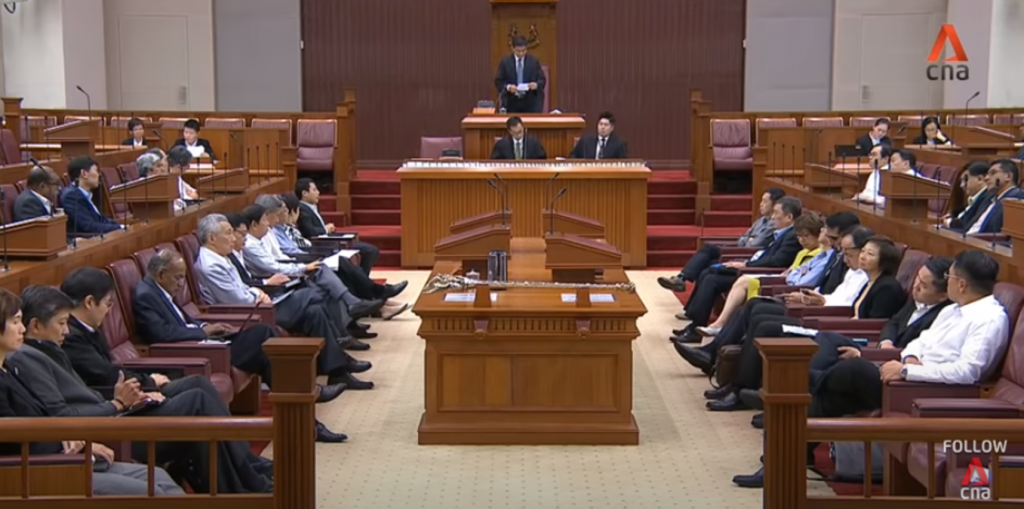
Criticisms have dogged the NCMP scheme since it was introduced in 1984. In the 30-odd years since, two contrasting narratives have emerged around it: one that it increases fairness, the other, that it reduces it. There has been no resolution to this, in part because Opposition MPs—who have been vocal critics of the scheme—have nonetheless taken up the seats in the end, in a concession to pragmatism over principle.
Unfortunately, scrapping the NCMP scheme wouldn’t solve things either. The uneasy acknowledgement is that it mitigates the knock-out combination of the GRC system and first-past-the-post voting. It’s problematic, but we’d probably rather have it than not, and we can’t get rid of it without completely overhauling everything else. We’re stuck with it for this election, and likely for the foreseeable future.
But for now, to treat an elected Opposition as a nice-to-have is to fool ourselves into thinking that our votes don’t count. The only thing to do—no matter which party you support—is to treat them like they do.
This GE, we’re not just interested in the winners and losers. Join RICE as we satirise, over-analyse, and dissect everything from how we talk about politics and politicians to what we think we know about how Singaporeans vote.
Have a lead for a GE 2020 related story? Write to us at community@ricemedia.co.
